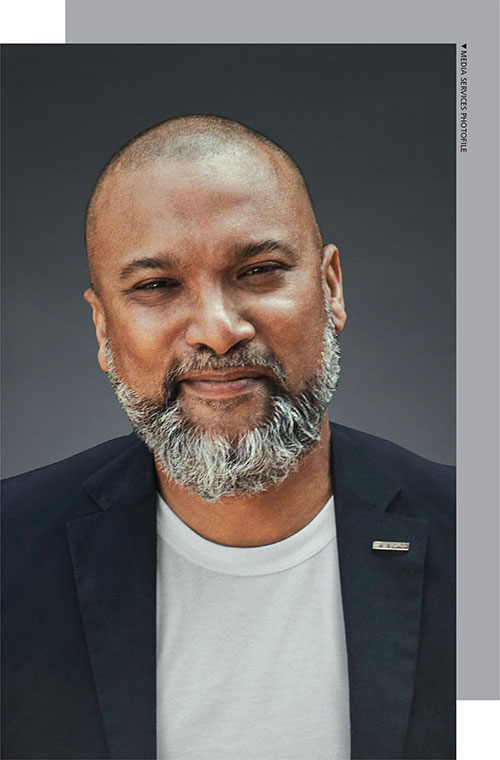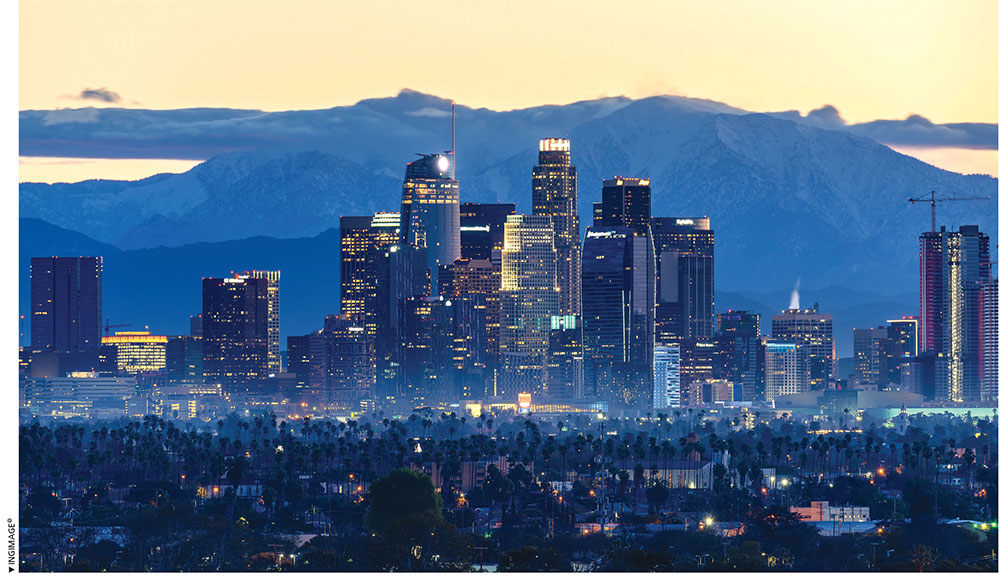Afdhel Aziz
Business as a force for good

Q: What inspired you to work towards helping companies find purpose and meaning in their work?
A: Looking back, a pivotal moment in my journey was the devastating tsunami that impacted Sri Lanka.
Despite living abroad, I frequently returned to my homeland where I felt utterly helpless witnessing the aftermath of the disaster. This made me question the societal value of my career in brands and marketing, which seemed disconnected from real human needs.
My parents, both influential figures in Sri Lanka, instilled in me the importance of giving back and making a positive impact. Their example inspired me to rethink my career path and explore how business could be a force for good.
This realisation led me to write my first book Good is the New Cool and transition to impact consulting. I’m now dedicated to helping companies align profit with purpose, leveraging their potential to contribute positively to society.
Q: And what roles do brands and businesses play in driving positive social and environmental change?
A: They play vital roles in driving positive social and environmental change – although they need to address negative impacts they’ve created. For instance, many contribute to pollution and emissions, yet action is often lacking due to few penalties.
To foster positive change, companies should first focus on reducing harm. This means phasing out damaging practices like non-biodegradable plastics and fossil fuels, opting instead for sustainable alternatives such as biodegradable materials and renewable energy like solar power.
Yet, it’s not merely about avoiding harm.
Companies should also proactively pursue initiatives that align with their strengths and goals, balancing ‘shields’ (defensive measures like sustainability practices) with ‘swords’ (proactive solutions to global challenges).
For example, promoting products that support giving opportunities to underserved communities not only addresses societal issues around inequality but also opens new market opportunities and builds brand loyalty. Identifying and prioritising such initiatives are key for meaningful and lasting impact.
Q: Can you share insights into your journey from being a corporate marketer to a purpose driven consultant?
A: My journey was influenced by two key factors – my experience during the Sri Lanka tsunami and becoming a father.
When I became a parent, I realised the importance of setting a meaningful example for my son. Simply chasing profits didn’t align with the legacy I wanted to leave for him.
I wanted to demonstrate that it’s possible to make a living while having a positive impact on people and the planet. This shift in perspective was driven by a desire to be a better role model and show that work can be meaningful when aligned with values.
Additionally, I began to think about the world my son would inherit – one facing challenges like climate change and inequality. I felt a responsibility to contribute to a better future for him and future generations.
This sense of duty and the desire to create positive change were powerful motivations for my career transition.
Q: What role do you see emerging technologies playing in advancing the agenda of business as a force for good?
A: Emerging technologies are vital for businesses aiming to do good, especially in addressing climate change. It’s crucial to realise the potential of existing technologies like leveraging nature’s efficiency – such as planting trees to absorb CO2 – and creating healthier environments.
Moreover, advanced technologies like AI, 3D printing and biotech offer exciting possibilities. They enable innovative solutions from reducing emissions to creating sustainable materials.
However, it’s not only about having these tools but also being willing to explore and implement them, for competitive advantage and long-term environmental stewardship.
As decision makers, we must act as good ancestors, considering the impact of our choices on future generations. A proactive approach and prioritising sustainable practices are essential for creating a better world for everyone.

Q: What advice would you offer to individuals or companies looking to align their work with a greater sense of purpose?
A: Start by exploring your own purpose. Take time to understand what motivates you and the problems you feel passionate about solving.
This self-discovery process is key and a central theme in our upcoming book The Good is the New Cool Guide to Personal Purpose, set to be released later this year by Wiley.
Identify the issues that resonate deeply with you and where you find meaning. Then seek opportunities that align your purpose with your company’s mission. When your goals match the organisation’s objectives, a powerful synergy is created.
This alignment, which we often call ‘being in alignment with your assignment,’ ensures that your aspirations and the company’s goals are in harmony.
It’s worth investing time and effort to find a workplace that shares your values and mission. This alignment not only benefits you but also contributes to the organisation’s success and society as a whole.
It creates a win-win scenario where individuals thrive, companies prosper and positive societal impact is achieved.
As decision makers, we must act as good ancestors, considering the impact of our choices on future generations
FACT FILE
FAMILY
Father – Shibly Aziz (former Attorney General)
Mother – Fathima Aziz
SCHOOLING
S. Thomas’ Preparatory School
Wycherley International School
HIGHER EDUCATION
King’s College London
London School of Economics and Political Science
PRESENT OCCUPATION
Founder and Chief Purpose Officer – Conspiracy of Love
COUNTRY OF RESIDENCE
United States
CITY OF RESIDENCE
Los Angeles
CV IN A NUTSHELL
Afdhel Aziz is the founder of Conspiracy of Love, a B Corp consultancy that advises Fortune 500 companies on achieving business growth through positive social impact. He is also a best-selling author, an inspiring international Asian American and Pacific Islander (AAPI) speaker, and an award-winning documentary filmmaker (The Genius of the Place).
